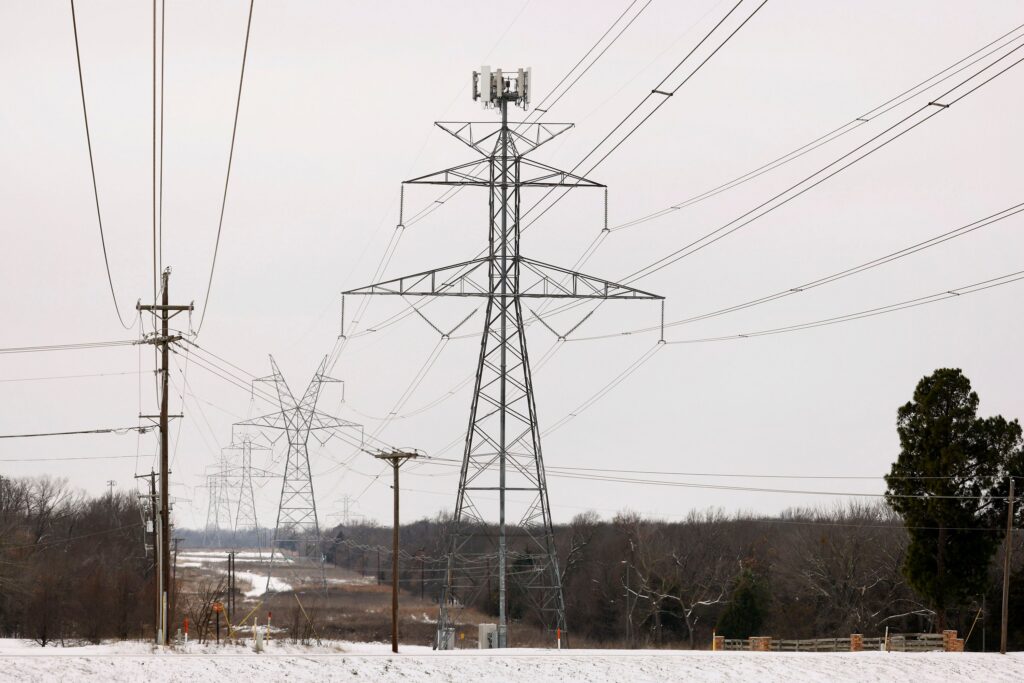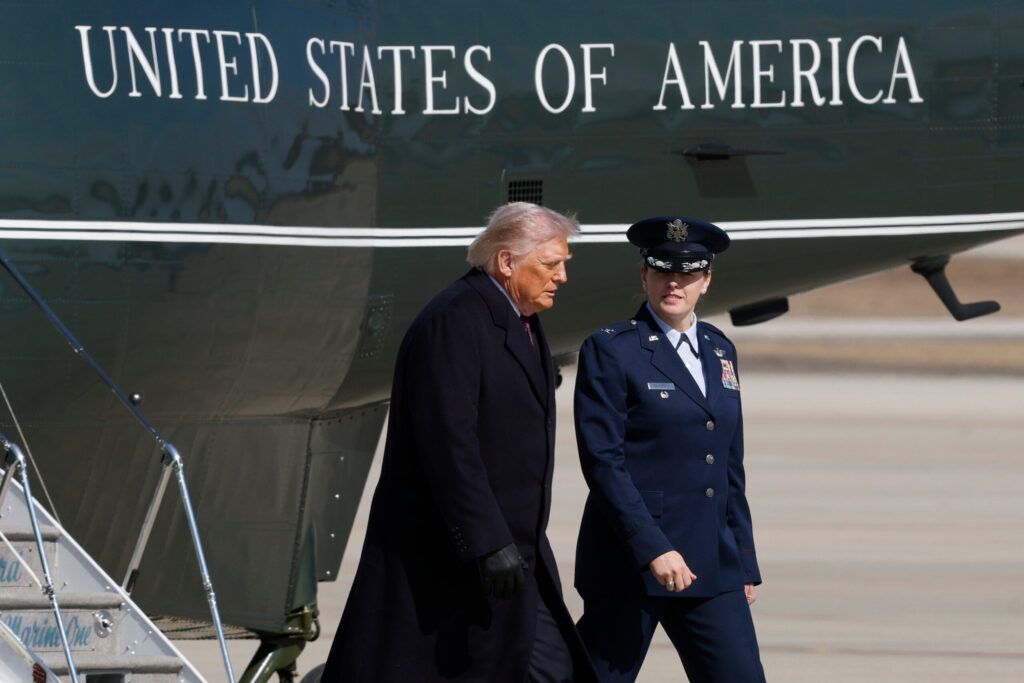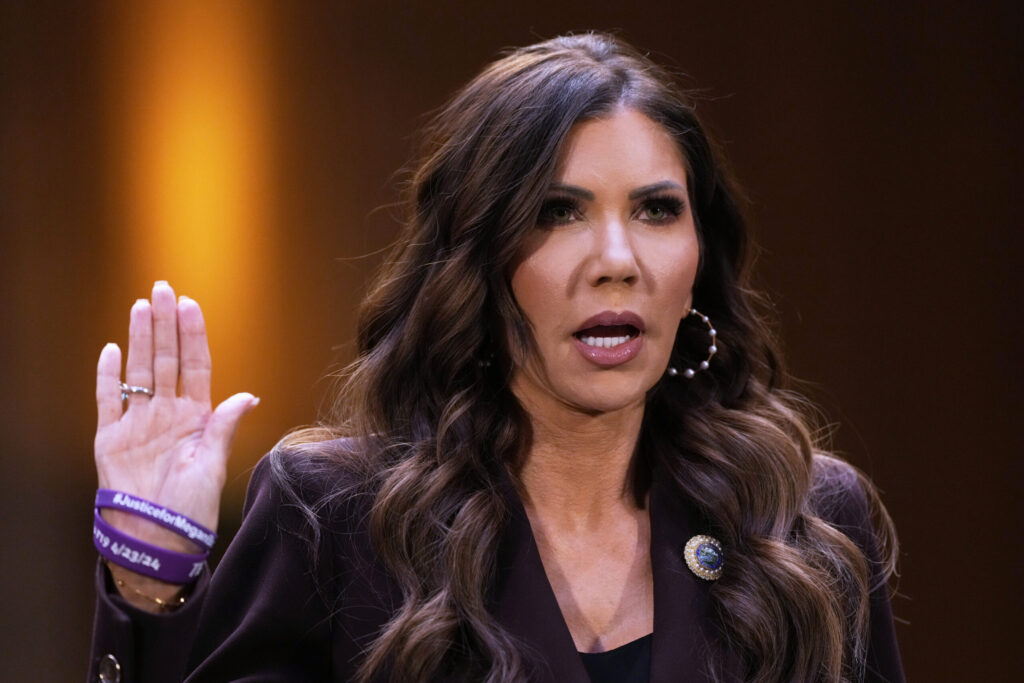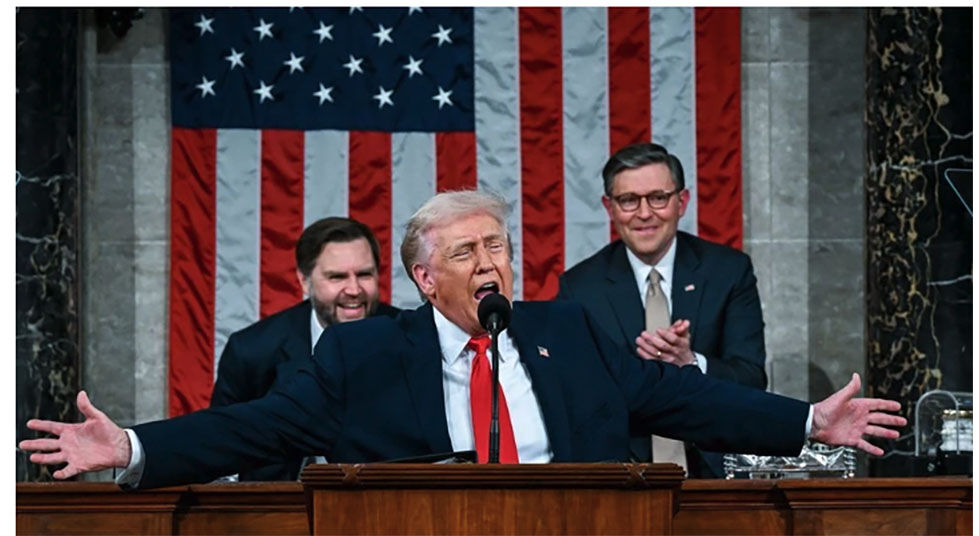Hudson: Summit examines NOCO transportation

You can read about someone else’s commute, but you can’t fully appreciate it without making the trip yourself. A 6:30 a.m. drive up U.S. 85 from Denver on Monday to the Northern Colorado Transportation Summit in Greeley proved instructive. Incoming traffic approaching the Queen City of the Plains was bumper-to-bumper for miles. The northbound lanes were crowded with a solid phalanx of 18-wheelers rumbling towards the gravel pits, industrial parks and construction sites abutting the highway in Adams and Weld counties. If you are wondering whether Colorado’s economy has truly recovered, the billboard employment ads along this highway, promising blue collar career opportunities, answer that question. On a recent drive to Mead on I-25, I witnessed even heavier traffic.The 400 elected officials, business leaders and community activists who convened in the Exhibition Center at Weld County’s Island Park Fairgrounds in Greeley this week demanded congestion relief for both highway corridors. Following a welcome from the five Weld County commissioners, U. S. Sen. Cory Gardner delivered the keynote address. It’s unusual for a sitting senator to wield his or her political muscle on what is largely a state issue. But Gardner pointed out that Weld and Larimer have been among the fastest-growing counties in the nation for several years. Over the past three decades, the population along the I-25 corridor has grown by 425 per cent and continues to expand by 2.5 per cent each year.
“The highway between Longmont and Fort Collins looks pretty much the same as it did when I-25 was first built,” Gardner noted. A four-lane expansion that provides an additional pair of general-purpose lanes and two tolled express lanes will cost $1.2 billion dollars. Gardner said Congress is finally ready to fund a multi-year highway bill to replace the series of interim patches that have been cobbled together since 2009. He doesn’t think a gas-tax increase is the right solution, since its economic effectiveness will continue to shrink as vehicle efficiency continues to improve and vehicles move away from gasoline to alternative fuels. The repatriation of foreign earnings held overseas by American companies could produce as much as $130 billion new dollars for highway infrastructure. Although exporting domestic oil is prohibited, Gardner proposed a change in this provision, paired with a new excise tax, could also supplement transportation revenues. “We need new, more reliable revenue sources,” he concluded. He also said this summer’s Oregon experiment with 5,000 volunteer drivers substituting a vehicle-miles-traveled tax for gas taxes bears watching.
While Gardner was polite and pointed no fingers, the panelists were less generous. Current CDOT plans project no relief for north I-25 congestion before 2070. Windsor Mayor John Vazquez bluntly suggested that CDOT’s Region 4 has been shortchanged. “This is an equity issue,” he said. “I-25 appears to be Colorado’s red-headed stepchild. There should be a proportional distribution of highway funds and we haven’t seen that.”
The political heat urging action isn’t likely to let up any time soon. Local officials are still smarting from defeat of a legislative proposal to roll over Colorado’s Trans Bond I authorization (for the T-REX widening of I-25 in southeast Denver) into a statewide Trans Bond II financing for another 30 highway projects. At the top of the list was widening of I-25 from Longmont to Fort Collins. Voters approved the TRANS I issue in 1999 at the urging of Gov. Bill Owens. Issued in 2001 for 15 years and funded with a slice of Colorado’s federal highway funds, they will become available again in 2017.
CDOT resisted the TRANS I issue in 1999, although the department’s testimony in committee this year acknowledged the project has proven a huge success. CDOT isn’t crazy about TRANS II today. They’ve cast their covetous eyes on the new dollars that will become available in 2017 and already have them spent. Currently sitting on $1.2 billion in accrued revenues, CDOT has proposed a five-year, catch-up maintenance program for state highways, priced at $300 million annually. CDOT plans to use TRANS dollars as they arrive to backfill its budgets.
House Minority Leader Brian DelGrosso, R-Loveland, who carried the TRANS II legislation, believes voters would approve the bond reissue, which doesn’t raise taxes, while any gas tax increase would be chancy. Magellan Strategies said its polling shows as much as 58 percent support for TRANS II, while a gas-tax increase only starts with 52 per cent approval and would likely slip during a campaign. In negotiations with the governor’s office, DelGrosso was told he had to find new revenues for the capacity projects he was suggesting. Asked whether Gov. John Hickenlooper offered his own alternative, DelGrosso replied, “No. He never offered a single suggestion; neither did he commit to support a tax increase. He appeared focused on creating a Hospital Provider Fee Enterprise in order to create room beneath the TABOR spending cap, even though we both had legal opinions that the cap would have to be readjusted down.” Both proposals died in the ensuing legislative stalemate.
DelGrosso acknowledged his bill was introduced late in the process. “The governor wasn’t happy that this wasn’t his idea. Bob Beauprez suggested something similar during the campaign. So, we are here now in order to get an earlier start on the next session,” he said. Former state Rep. Steve Tool, who chairs the North I-25 Coalition, pointed to a forecast that the Denver to Fort Collins trip will take three hours in just a dozen years. “This can’t wait,” he admonished.
Steve Gordon of Total Spectrum consulting out of Washington, D.C., proposed an alternative funding mechanism for infrastructure debt financing relying on the extension of tax credits to investors in state infrastructure projects. Modeled after the longstanding Federal Low Income Housing Tax Credit, which encourages private investment in affordable rental units, it appears to offer promise but sounds complicated enough to frighten off the Legislature in an election year. The creation of a multi-billion dollar pool of state tax credits could be hard to explain at community meetings.
Shailen Bhatt, CDOT’s recently appointed executive director, wrapped things up. He declined the chance to embrace TRANS II, sticking to the script that CDOT needs new funding sources. Utah, Idaho and Wyoming — all dominated by Republicans — have raised gas taxes recently, he pointed out.












